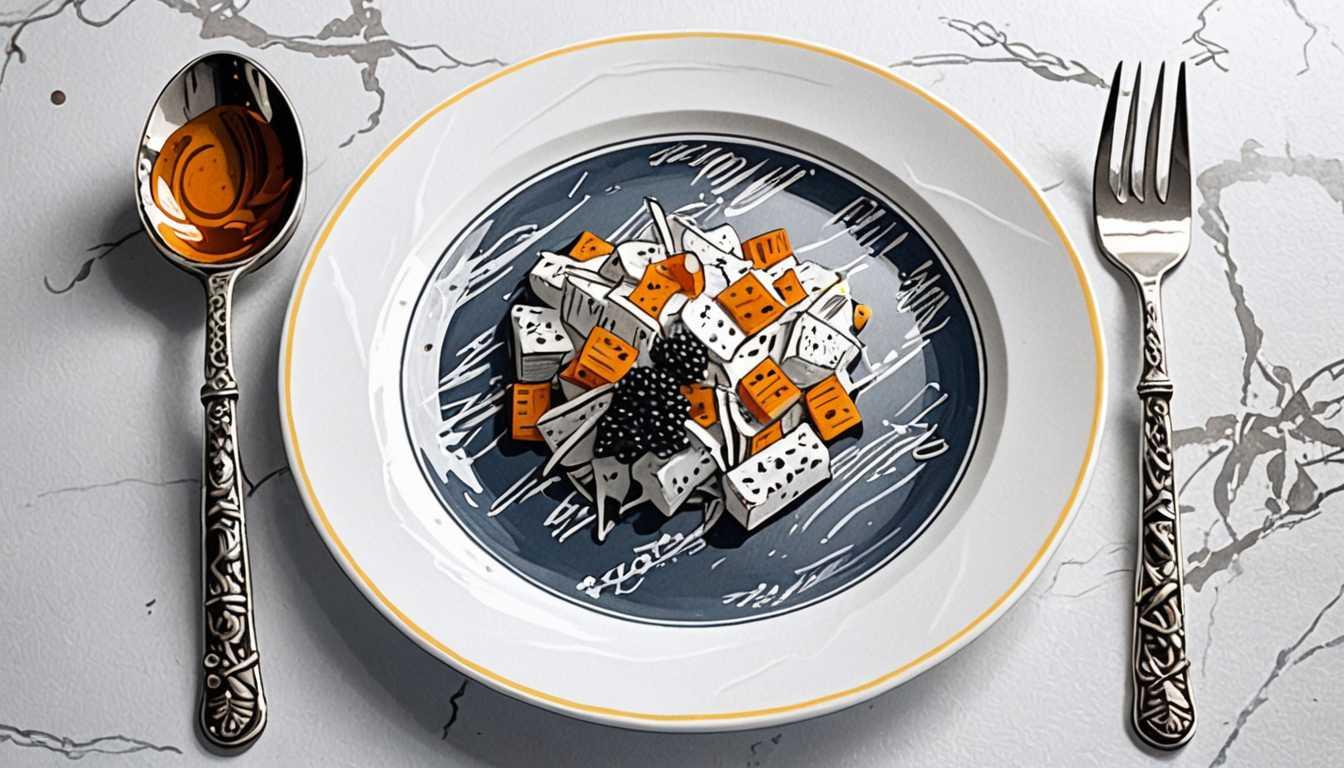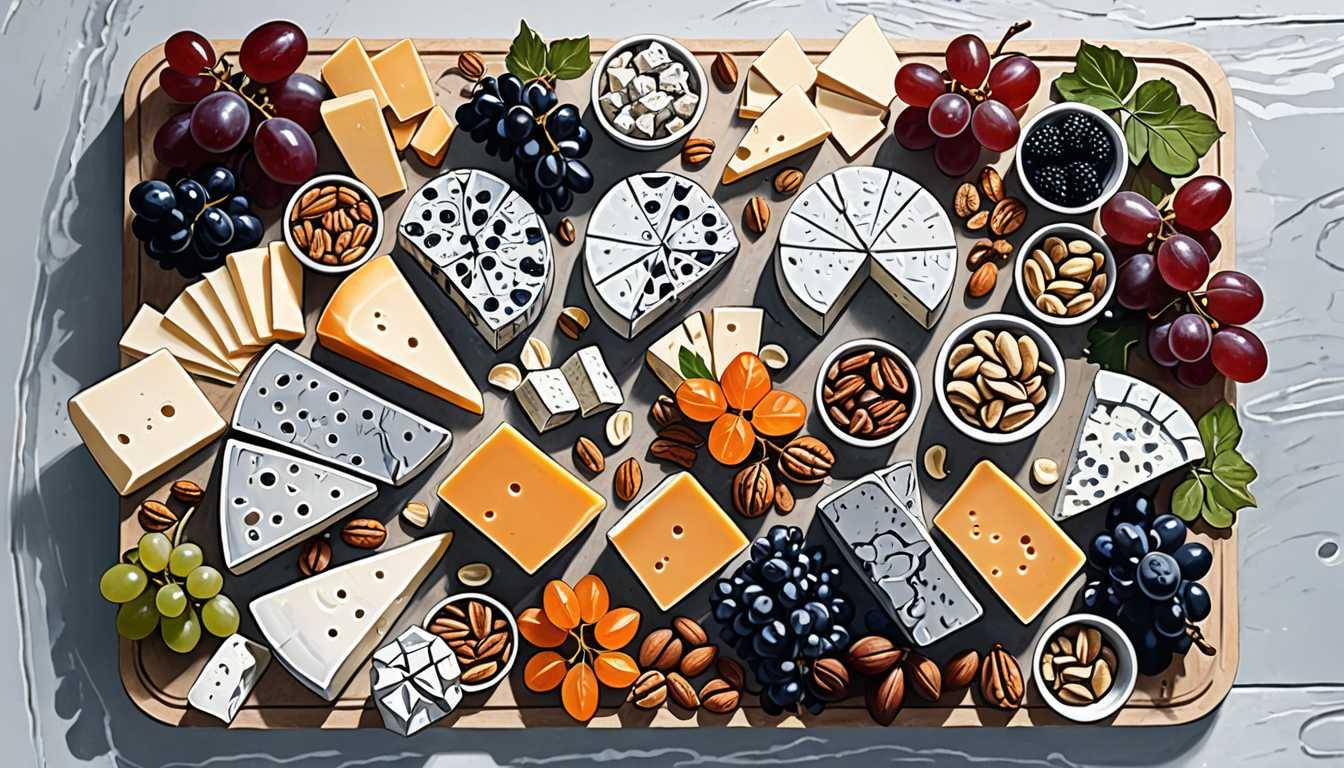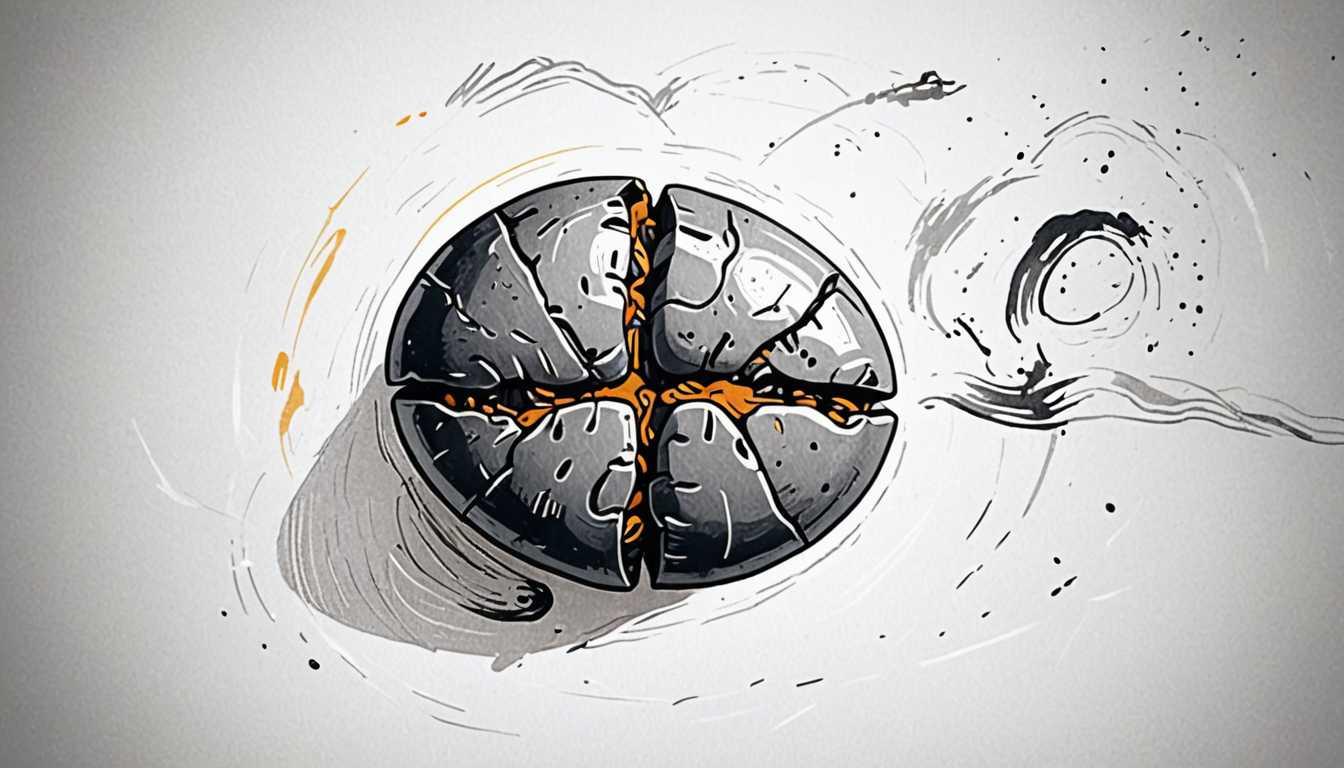Turning Trash into Tasty Treasures
August 2024
BBC Future
Introduction
Hey there, future foodies! Did you know that nearly 40% of all food grown in the US ends up in the trash? BBC Future dives into the delicious world of upcycling, where chefs like Rasmus Munk transform food scraps into mouthwatering meals. Imagine tacos made from rapeseed cakes and chocolate crafted from cocoa husks! This article reveals how upcycling can help tackle climate change while serving up tasty treats. So, let’s dig into this sustainable feast and see how we can make a difference—one bite at a time!
READ FULL ARTICLEWhy It Matters
Discover how this topic shapes your world and future
Unwrapping the Mystery of Upcycling Food
Upcycling food is not just a trendy term, it’s a critical solution to one of the world’s biggest problems—food waste. Did you know that almost 40% of food grown in the U.S. goes to waste? This contributes to around 8% of global greenhouse gas emissions, which is more than what the aviation industry produces! Upcycling involves taking food scraps and transforming them into new, nutritious products, like chocolate from cocoa husks or pasta from spent grain. This innovative approach not only reduces waste but also helps fight climate change by lowering methane emissions from landfills. By exploring upcycling, you can connect with global issues like sustainability and environmental responsibility, while also discovering how your food choices can make a real difference!
Speak like a Scholar
Upcycling
The process of repurposing waste materials into new products that have value, especially in the context of food.
Greenhouse Gases
Gases that trap heat in the atmosphere, contributing to global warming, examples include carbon dioxide and methane.
Sustainability
Meeting our needs without compromising the ability of future generations to meet their own needs, often through responsible resource management.
Circular Economy
An economic system aimed at minimizing waste and making the most of resources by keeping products in use for longer.
Nutritional Density
The amount of nutrients a food contains relative to its calorie content, meaning foods high in vitamins and minerals but low in calories are considered nutritionally dense.
Byproduct
A secondary product made in the manufacturing process or the production of something else, often seen as waste.
Independent Research Ideas
The Environmental Impact of Food Waste
Investigate how food waste contributes to climate change and what measures can be taken to reduce it. This study could reveal surprising connections between food choices and global warming.
Consumer Perceptions of Upcycled Foods
Explore how different demographics view upcycled foods and what influences their buying decisions. Understanding consumer behavior can help businesses improve their marketing strategies.
Innovative Uses for Food Byproducts
Research various food byproducts and examine how they can be upcycled into new products. This could open up creative avenues for reducing waste in industries beyond food, such as cosmetics or textiles.
The Role of Technology in Food Upcycling
Investigate how technology and science can enhance food upcycling processes. This might include studying new methods for turning waste into valuable food items, like using microbes to convert waste into oils.
Cultural Perspectives on Food Waste and Upcycling
Analyze how different cultures view food waste and the traditional practices they have for reducing it. This could highlight unique approaches and inspire innovative solutions in your own community.
Related Articles

Plastic: The Uninvited Guest in Our Bodies
October 2024
Harvard Gazette

Embracing the Future of Fake Meat
May 2024
MIT Technology Review

Cheese: Friend or Foe? The Truth Revealed!
November 2024
Harvard Gazette

Food Choices: Health and Planet at Stake
May 2024
McGill University

Beanless Brews: The Future of Coffee
August 2024
MIT Technology Review